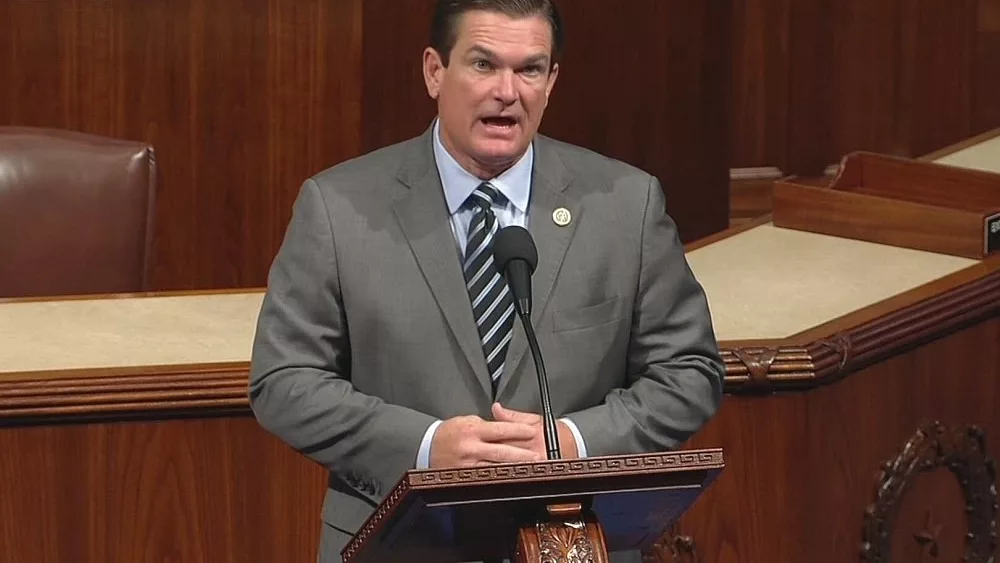The Michigan Agri-Business Association (MABA) Monday pointed to new facts released by the federal government as the latest showcase of Michigan’s failing rural infrastructure, a crisis that threatens one of our state’s leading economic drivers and harms quality of life for rural families.
“The information released today by the White House further illustrates the historic infrastructure crisis Michigan’s rural businesses and families are dealing with every day,” said Chuck Lippstreu, president of the Michigan Agri-Business Association. “We need to fix the roads. We need to repair crumbling bridges and rail lines that can’t handle the crops we produce. And we need to deliver reliable broadband that links rural Michigan to the world.”
A Michigan fact sheet released Monday by the White House in support of the Biden administration’s American Jobs Plan proposal is available on this website. Among the issues detailed in the data, the new fact sheet notes:
– There are more than 1,200 Michigan bridges and 7,300 miles of highway in poor condition. According to MABA, many of these are in rural areas; bridge and highway problems in rural Michigan create substantial logistics problems for agribusinesses, especially those in the grain and feed sector.
– By one definition, nearly 1 in 10 Michiganders live in areas where there is no broadband infrastructure that provides minimally acceptable speeds, and more than half live in areas with only one internet provider. Access to reliable, high-speed rural broadband is a critical element for the use of advanced new technology in agriculture, and to facilitate commerce.
– Investment in resilient Michigan infrastructure has fallen behind substantially, earning Michigan a dismal D+ on an infrastructure scorecard. Lippstreu noted that, in addition to road and bridge problems, many rail lines serving agribusinesses are in dire need of repair and upgrade. New rail investment is needed to expand agricultural freight handling capacity in Michigan and enable our agricultural economy to be successful.
“Infrastructure isn’t just an issue for our cities. The fact is we’re badly behind in delivering infrastructure solutions to rural America and rural Michigan,” Lippstreu said. “We need historic investment in rural roads, bridges, rail and broadband, and Michigan’s agribusinesses will continue to work with our state and federal leaders to highlight this critical situation.”





